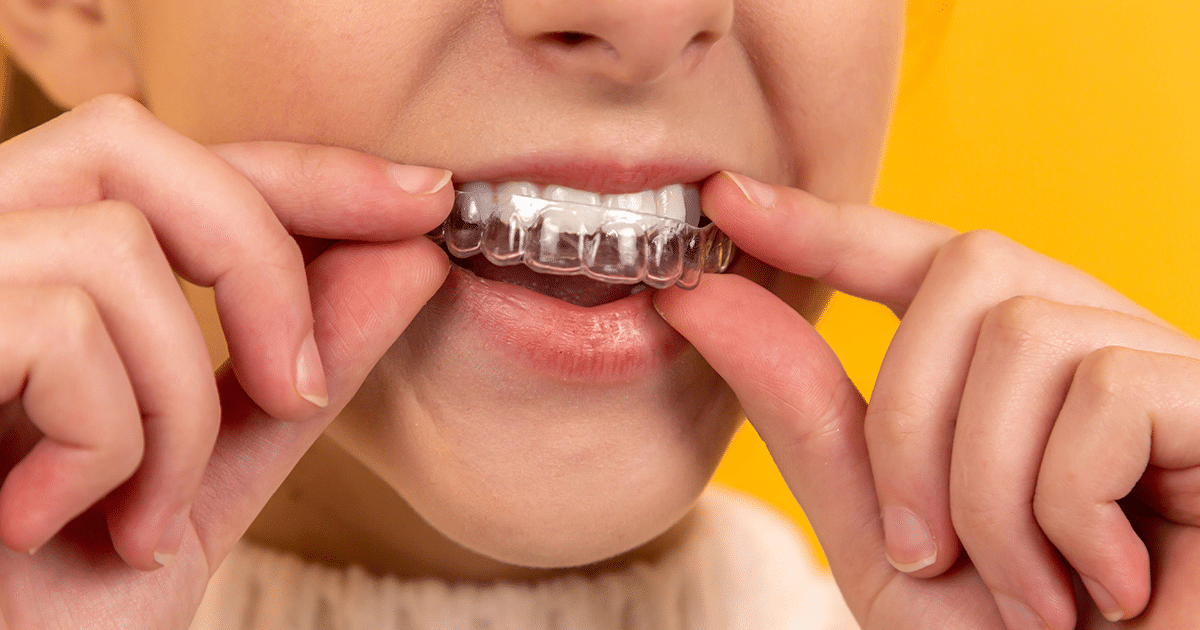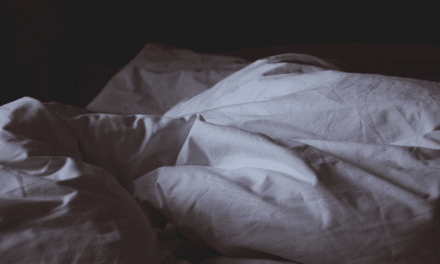Until recently, I woke up from sleep with a tight jaw. At the same time, I heard people speaking about how grinding teeth throughout the night can lead to pain and stiffness in your jaws. While I am not confident I had this condition, there is a possibility this was affecting me. Dr Michael Breus’ article “Is Grinding Your Teeth At Night Affecting Your Sleep? Here’s What To Do” explains that grinding your teeth or Bruxism (day or night) can be due to stress or anxiety, an abnormal bite, crooked teeth or missing teeth, and other sleep disorders like obstructive sleep apnea (OSA). Waking up with headaches and pain, and tightness in the jaw is the easiest thing to suggest you have this condition. I will review some information about the condition, its effects on you, and recommended ways I have experimented with to reduce the likelihood of teeth grinding.
Why Is Tooth Grinding Bad For You?
Tooth grinding can happen during the day and sleep and have similar effects. The only difference is that it is easier to tell if you are grinding while awake because you are conscious. Dr Michael Breus explains that the most severe issues are worn tooth enamel, increased tooth sensitivity, tooth damage and loose teeth. It can also cause Temporomandibular Joint Disorder (TMD) which refers to problems in the joint of your jaw and surrounding muscles. All these factors can contribute to horrific oral health, pain, tightness, and jaw sensitivity. This tightness can cause headaches, and the increased inflammation in the jaw can make it painful to chew properly and lead to general discomfort throughout the day. Tightness in the jaw can also affect the neck, shoulders, back, muscles throughout the face, and more. The point is that you do not want to be tooth grinding and need to address this right away.
How Can You Treat Tooth Grinding?
If you believe you are grinding your teeth at night, the article recommends seeing a dentist so they can see any signs of excessive wear on the teeth. If they see any signs, they will help you find treatment options that can range from a simple mouthguard to an occlusal splint (the splint looks similar to Invisalign retainers). At the time, I was using the Invisalign retainers but was still having tightness around my jaw. The next step is to reduce stress after getting an appropriate device to stop tooth grinding right away, or if you do not have the issue but still feel tightness in your jaw. Any breathing exercise that you feel benefits you is effective to reduce stress. The 4-7-8 breathing technique is a common one I have described before. The breathing technique requires you to put the tip of the tongue on the roof of your mouth. Then breathe in through the nose for four seconds, hold for seven seconds, and breathe out for eight seconds.
Having proper sleep hygiene is another technique that can reduce jaw tension. This could include having a consistent sleep schedule, avoiding caffeine and alcohol hours before bed, putting away electronic devices for 1-2 hours before sleeping, wearing blue light blocking glasses, and more. I have spoken about various things you do before sleep to improve sleep hygiene. The next thing that can be helpful is directly attacking stress with things like cognitive behavioural therapy (working with a clinician to help change your behaviours and cognitive beliefs to reduce anxiety), disputing negative thoughts and beliefs, finding things that can motivate you better, like goals or rewards, and having fun with friends, family, pets, reading, etc. Reducing physical stress through exercise, mindfulness exercises, stretching, massaging, etc., can also help.
Final Insights About Bruxism
I hope this post has given a description of what Bruxism is, and even if you do not have it, waking up with tight or painful jaws can be reduced with the techniques discussed above. The way I see it, Bruxism or even tightness can increase inflammation in the body. I want to reduce inflammation wherever possible, so targeting this can benefit you. The most effective ways to deal with this is to reduce mental, emotional, or physical stress in any way that works for you and get protective gear to reduce teeth grinding. Doing these things can reduce tightness and pain in the jaw, reduce inflammation if only a little, reduce the likelihood of headaches, and have you sleeping even better. Hopefully, practising these things to reduce pain and tightness in the jaw could be valuable for you.





